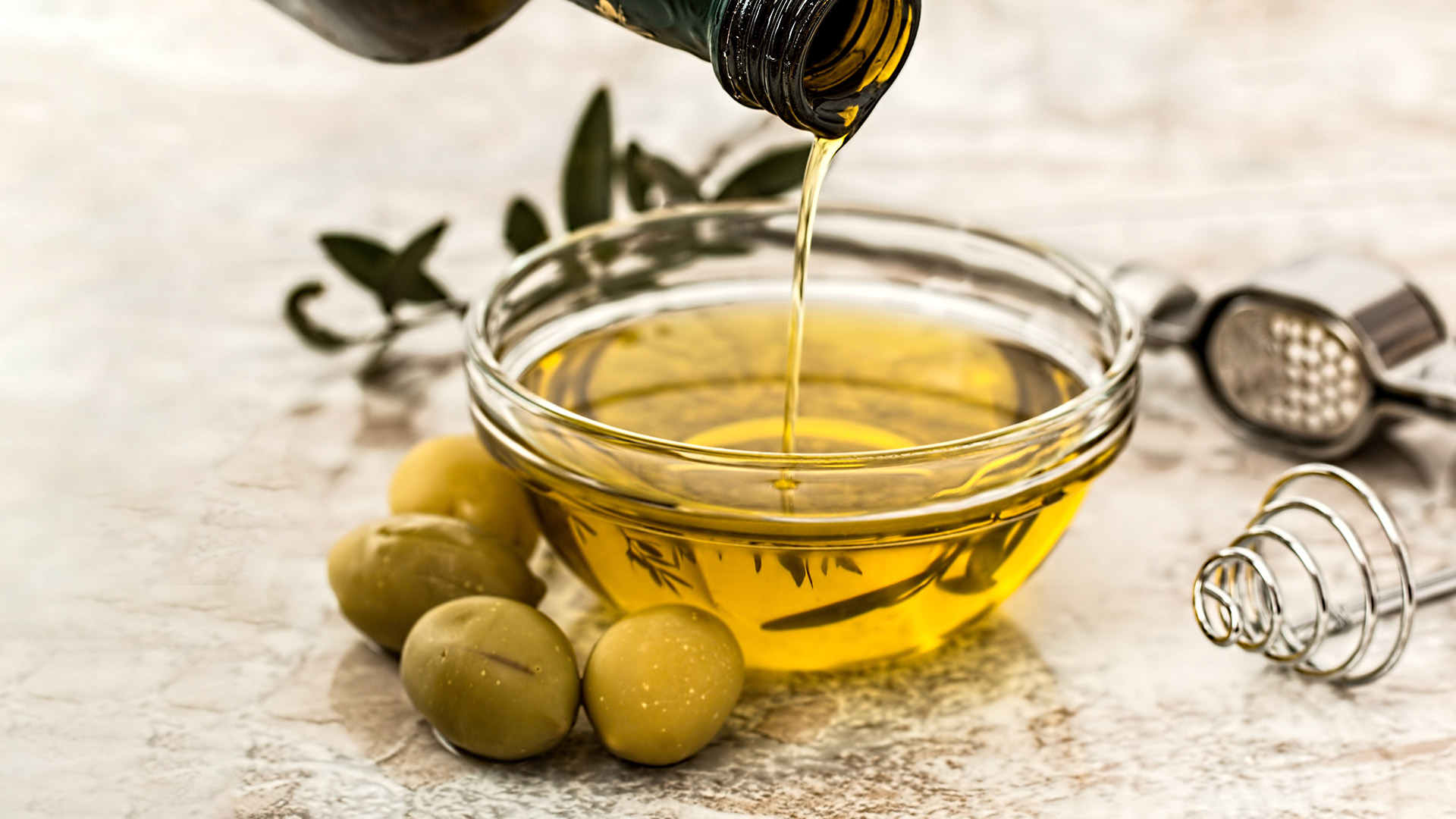
The key role that olive oil plays in a healthy body has been known since ancient times. Hippocrates, the father of Medicine, as well as the great physicians of those times, namely Galen, Dioskourides and Diocles believed unassailably in its beneficial effect on health and in many cases recommended that it can be taken daily as a treatment.
Today, 3.000 years later, modern Medicine continues to widely recommend olive oil for the diet of adults and children, whether sound of health or sick, thanks to its valuable ingredients that promote health, wellbeing and longevity.
Olive oil’s benefits derive from its high content in anti-oxidants whose combined action effectively limits the destruction caused by free radicals, reinforcing the body’s defenses and protecting the heart and vessels! Thus, this “liquid” gold as Homer used to term it, is brimming with a whole host of nutrients:
Many scientific studies have shown that olive oil is a valuable nutrient and a very strong weapon against chronic diseases and contributes:
Olive oil is greatly recommended for use in cooking, due to its high resistance to high temperatures (170oC). This practically means that compared to other cooking oils, olive oil’s anti-oxidants keep better and the monounsaturated fatty acids (e.g. oleic acid) contained are not easily converted to harmful trans fatty acids. Research has shown that it is the best dietary fat – resilient to all forms of cooking. Moreover, research carried out by the Biochemistry – Food Chemistry lab of the Charokopeion University showed that the process of frying under controlled conditions: with a short frying time, temperature up to 170°C, use of olive oil, replacement of olive oil after frying, appears to have a beneficial effect on the nutritional value of food. Specifically, it increases the content of anti-oxidants in fried food (phenolic compounds, vitamin E) and mainly squalene, an anti-cancer agent.
Olive oil’s substances remain stable for frying in for up to 5 times, whilst the other oils, can be altered from the very first time.
Moreover, dressing both raw and cooked vegetables with olive oil is indicated as the bio-availability of their anti-oxidants (e.g. lycopene, b-carotene) is enhanced when combined with olive oil. In particular, heating tomatoes results in the contained lycopene being more easily released from the tomato cells. This means that the best source of lycopene are cooked tomatoes and, of course, tomato sauce with olive oil. In addition, the use of olive oil is indicated in cooking lentils, especially in combination with food rich in b-carotene and lycopene, such as carrots and tomatoes, as this further enhances the absorption of specific anti-oxidants.
However, one should not forget that whilst olive oil enhances health and well-being, it should be consumed in moderation as it is high in calories (1 tablespoon contains 135 calories). The daily recommended intake in the context of a balanced diet is 2-3 tablespoons (one for our food and one for a salad).
Finally, it is important to choose products whose ingredients contain olive oil and not trans fatty acids, as well as products cooked in olive oil.